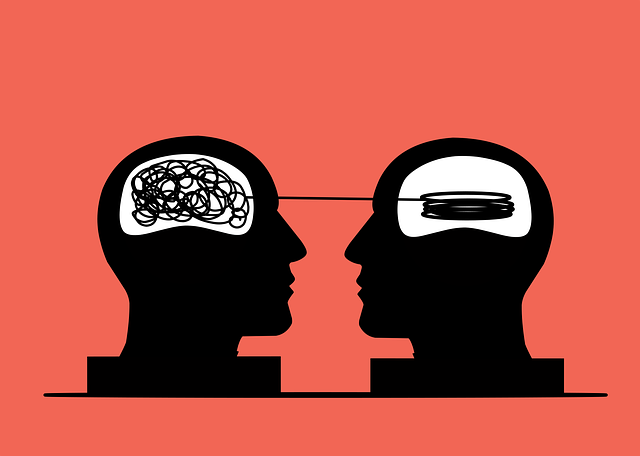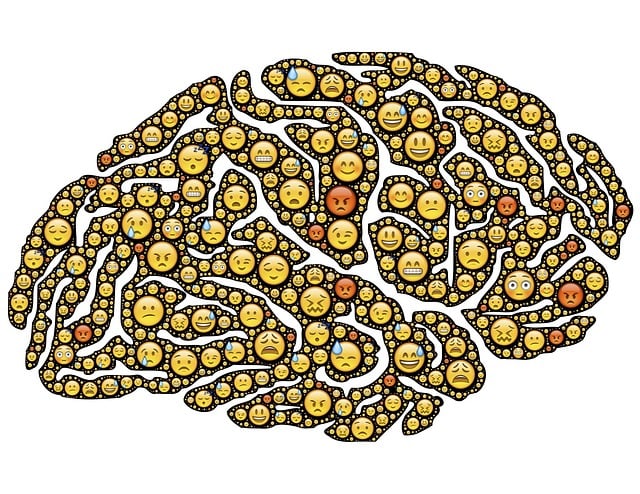Understanding mood regulation as a complex, dynamic process is key for therapists using Littleton Therapy, which offers evidence-based strategies like CBT and mindfulness. Culturally competent training and public awareness campaigns further support emotional well-being. By integrating risk management, stress relief tools, and social skills training, Littleton Therapy revolutionizes mood management, enhancing both therapist and client outcomes.
Mood regulation strategies are essential tools for therapists and clinicians aiming to support their clients’ emotional well-being. This comprehensive guide explores effective methods, with a particular focus on the benefits of Littleton Therapy for enhancing mood management skills. By delving into evidence-based practices, we provide professionals with valuable insights to help individuals navigate and stabilize their moods. Understanding the fundamentals of mood regulation forms the basis for successful therapy, enabling practitioners to offer tailored support.
- Understanding Mood Regulation: A Foundation for Therapists
- Evidence-Based Strategies: Tools for Clinicians to Support Clients
- The Role of Littleton Therapy in Enhancing Mood Management Skills
Understanding Mood Regulation: A Foundation for Therapists

Understanding mood regulation is a cornerstone for therapists and clinicians providing Littleton therapy services. It involves recognizing that emotions are complex and dynamic responses to internal and external stimuli, requiring effective strategies for emotional regulation. Therapists play a pivotal role in guiding clients towards healthier ways of managing their moods, especially those dealing with mental health challenges. By fostering emotional resilience, therapists empower individuals to navigate life’s complexities with greater adaptability.
This foundation is crucial for healthcare provider cultural competency training, as it enables professionals to offer tailored support to a diverse range of clients. Public awareness campaigns development around mood regulation can further complement this process, ensuring that both therapists and the wider community are equipped to recognize and address emotional challenges proactively. Effective mood regulation strategies not only enhance individual well-being but also contribute to building more resilient communities.
Evidence-Based Strategies: Tools for Clinicians to Support Clients

In the field of mental health support, evidence-based strategies are instrumental tools for therapists and clinicians to assist their clients in managing moods effectively. These strategies, backed by rigorous research, offer a structured approach to treating various mood disorders and emotional challenges. By incorporating techniques such as cognitive-behavioral therapy (CBT), mindfulness practices, and interpersonal therapy, professionals can help individuals navigate and regulate their emotions healthily. For instance, Littleton Therapy provides a robust framework for therapists, enabling them to create personalized treatment plans that cater to each client’s unique needs.
Moreover, integrating risk management planning into the therapeutic process is vital for mental health professionals. This involves identifying potential triggers and implementing strategies to mitigate risks associated with mood disorders. Effective stress management and burnout prevention techniques are essential components of this approach, ensuring therapists can support their clients sustainably. Such evidence-based practices not only enhance therapy outcomes but also contribute to the overall well-being of both the therapist and the client.
The Role of Littleton Therapy in Enhancing Mood Management Skills

Littleton Therapy, a highly effective approach for therapists and clinicians, plays a pivotal role in enhancing patients’ mood management skills. This therapeutic method focuses on teaching individuals practical strategies to regulate their emotions, fostering mental wellness and resilience. Through Littleton Therapy, therapists can guide clients towards developing coping mechanisms that go beyond traditional talk therapy. The program incorporates various techniques, including mindfulness exercises and cognitive reframing, empowering participants to navigate emotional challenges more effectively.
One of the key advantages is its ability to integrate social skills training, which is crucial for preventing depression and promoting overall mental health. By combining these elements, therapists can help individuals build a supportive network while teaching them how to recognize and manage their emotional responses. Such comprehensive programs not only equip people with tools for immediate stress relief but also contribute to long-term emotional well-being. This holistic approach, tailored by expert therapists, is transforming the landscape of mood regulation strategies.
Mood regulation is a vital skill, and therapists play a crucial role in empowering clients to manage their emotional well-being. By integrating evidence-based strategies, such as those offered by Littleton Therapy, professionals can enhance their practice and support individuals in navigating and improving their mood management skills. This comprehensive approach ensures that clients receive the necessary tools to thrive and lead more fulfilling lives.














